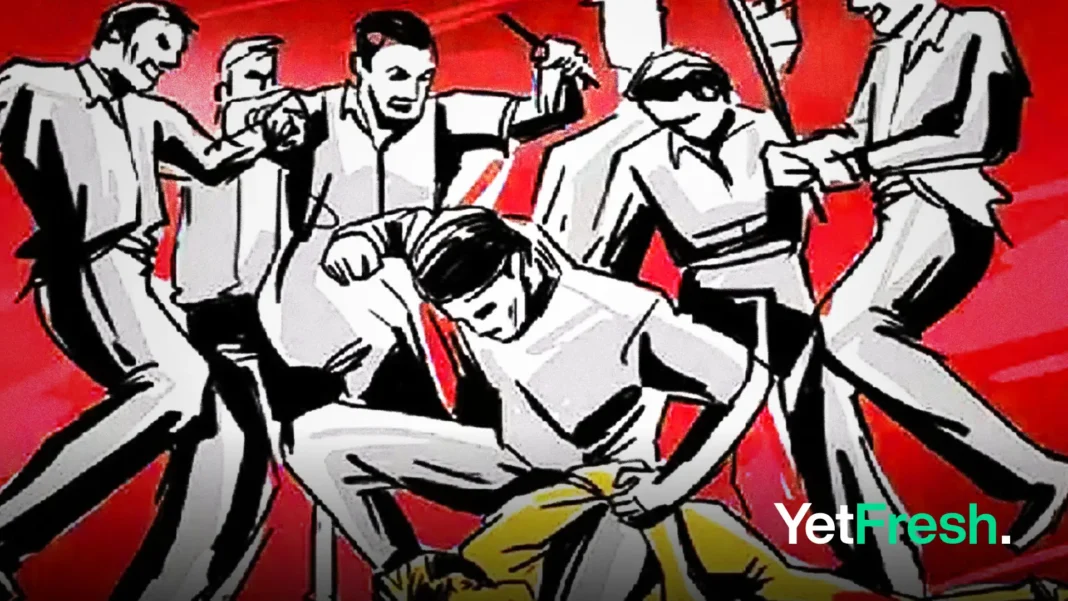No time to read? Just listen to the news!
TL;DR
- Bangladesh has seen a surge in mob violence with 35 people killed in the past two months.
- The rise in mob lynching is linked to weak law enforcement, social inequalities, and misinformation.
- Authorities promise a zero-tolerance policy against mob justice, but critics demand more effective action.
- Addressing underlying social and economic issues is crucial for long-term solutions to prevent such violence.
In a troubling development, Bangladesh has witnessed a significant surge in mob violence, resulting in the deaths of 35 individuals over the past two months. This alarming trend highlights the growing issue of mob justice in the country, where groups of people take the law into their own hands, often leading to violent outcomes.
According to reports, incidents of mob lynching have increased dramatically, with 21 people being beaten to death in just the last 38 days. Despite cases being filed for most of these incidents, only a few arrests have been made, raising concerns about the effectiveness of law enforcement in addressing this issue. Legal experts and human rights activists have criticized the interim government’s response as inadequate, emphasizing the need for decisive action to curb these unlawful acts.
The rise in mob violence is attributed to several factors, including weaknesses in law enforcement and the judiciary, social inequalities, and misinformation. These factors contribute to a lack of trust in the formal legal system, prompting communities to resort to vigilante justice. This situation is exacerbated by political instability and social tensions within the country.
The phenomenon of mob justice is not new to Bangladesh. It reflects deeper societal issues where legal and institutional frameworks fail to provide timely justice, leading citizens to take matters into their own hands. This behavior not only undermines the rule of law but also poses a severe threat to public safety and social stability.
In response to this crisis, authorities have expressed a commitment to adopting a zero-tolerance policy against mob justice. Law Adviser Prof Asif Nazrul stated, “We’ll not tolerate any mob violence or extrajudicial killings. If it happens, we will take stern actions.” However, critics argue that more needs to be done to restore public confidence in the legal system and ensure that perpetrators are held accountable.
Efforts to address this issue must include strengthening the capacity and independence of the judiciary, reforming law enforcement agencies for better prevention and response, and conducting public awareness campaigns about the dangers of mob justice. Additionally, addressing underlying social and economic disparities is crucial for long-term solutions.
As Bangladesh grapples with this wave of violence, it is imperative for both government authorities and civil society to work together to uphold justice and human rights. Failure to do so could lead to further destabilization and erosion of trust in the country’s governance systems.
News Srouce: KalerKontho




